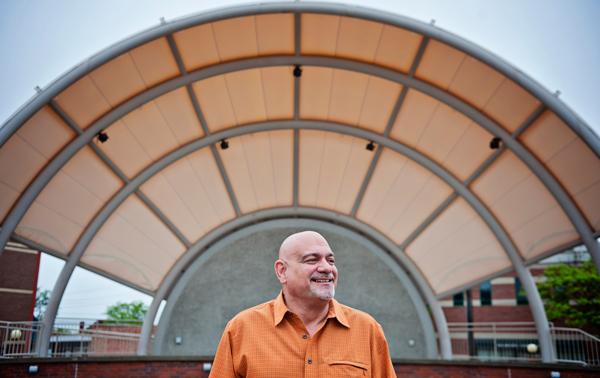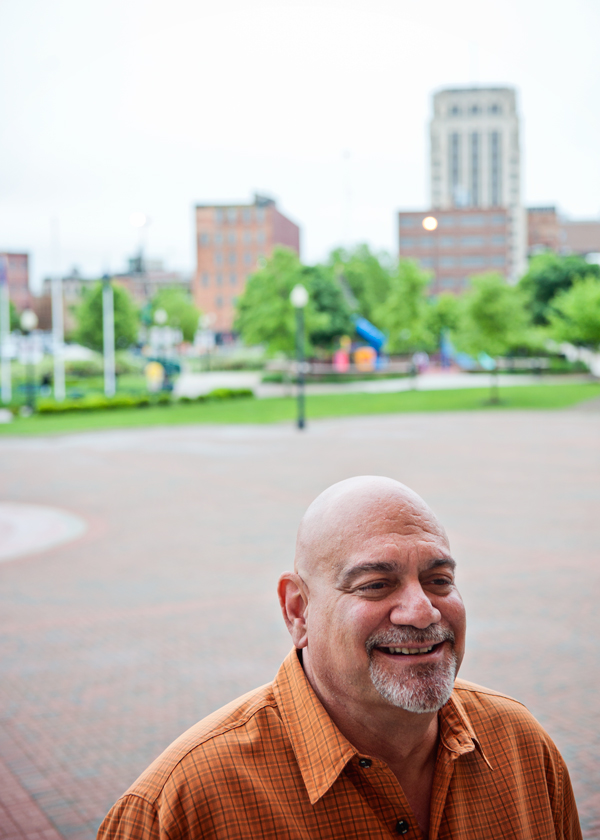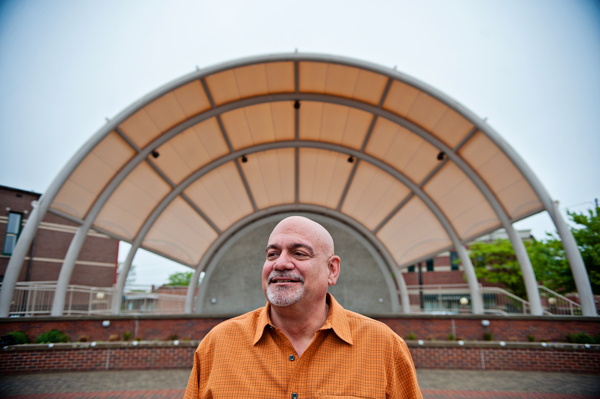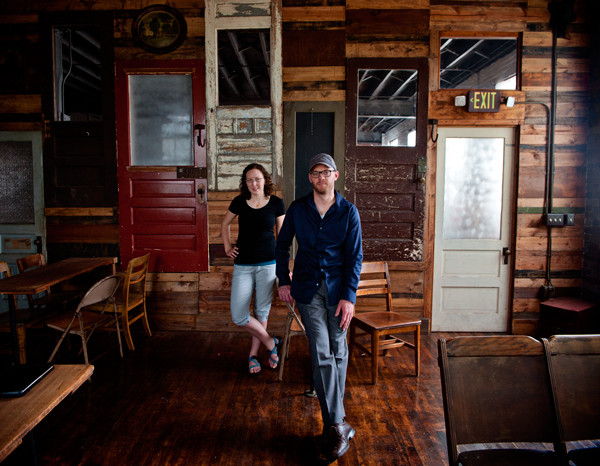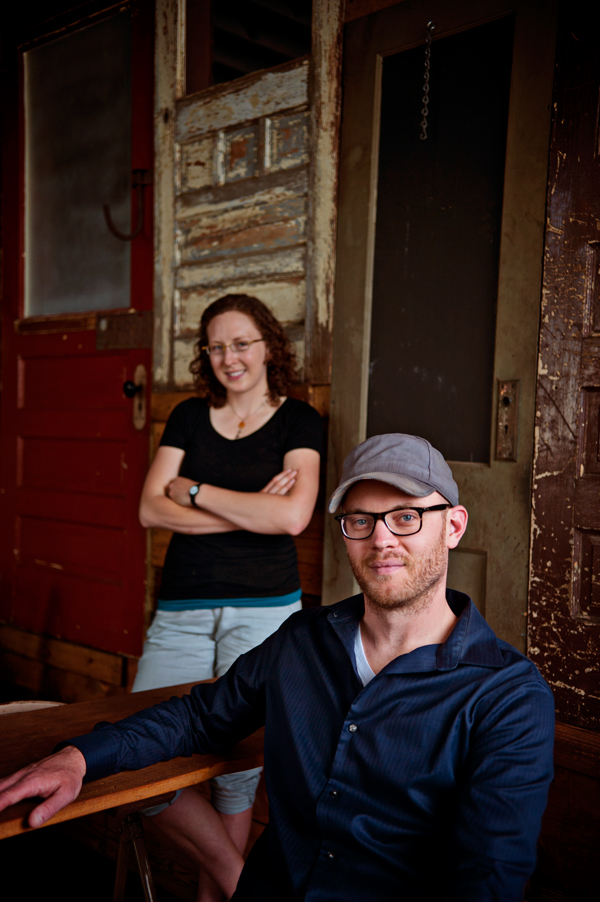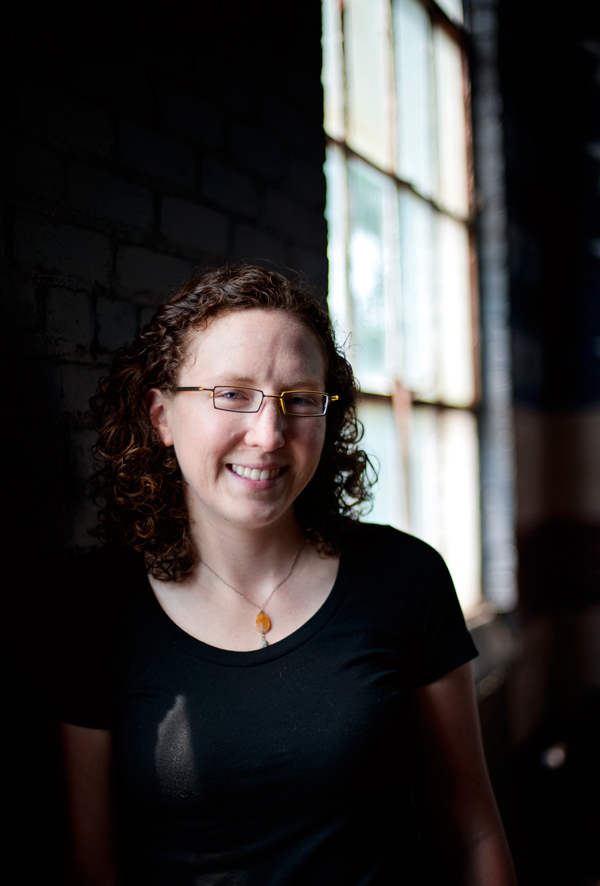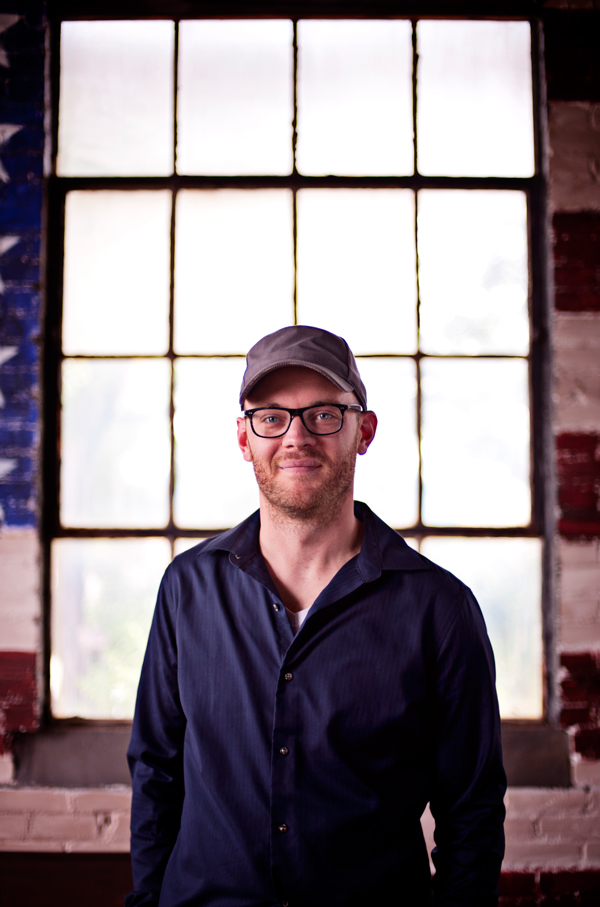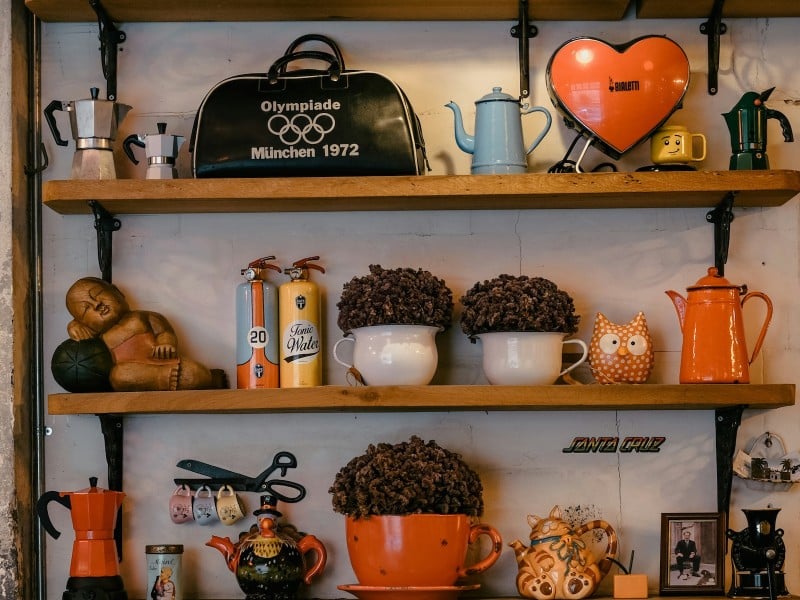Deerings get help to lighten the load of festival refuse that’s landfill bound
Festival season is here. Find out how Wayne Deering and his daughter Emily are working to keep more festival trash out of the landfill. Zinta Aistars reports on their efforts.
Getting your Trinity Audio player ready...
It’s a father and daughter date like none other. Wayne Deering and his daughter Emily recycle together. And they recycle big. In 2012, they collected 8,400 pounds at the Taste of Kalamazoo Festival. Of that, 1,560 pounds went into recycling, but 6,040 pounds ended up in a landfill. That last number is the one that the Deerings are working hard to shrink.
“That’s about 28 percent less waste that ended up in the landfill than in the previous year,” says Wayne Deering. Deering, a commercial broker, and his daughter Emily, an international studies major at DePaul University in Illinois, refer to themselves as event coordinators and consultants for the festivals, and they are in their second year of collecting, recycling and composting waste at the Taste of Kalamazoo and the Kalamazoo Island Festival.
“I’ve always been interested in recycling,” says the father. “Long before anyone was doing it. I do it personally–the pile of recyclables at my curbside Monday morning is far bigger than anyone else’s on my street,” he says with a laugh.
“My dad motivates me,” says the daughter. “He’s the kind of person who would peel the label off a prescription bottle to put it into recycling.” She echoes his laughter.
Wayne Deering has been recycling since the ’70s, he says, when he was a college student, but attending just one of the Kalamazoo festivals made him feel like a lifetime of responsible waste collection was erased by the mountains of trash produced in just one festival. Something had to be done.
The Deerings found kindred green spirits at the I.D.E.A. Association. I.D.E.A., that’s Interdisciplinary Education through Education and Art, is a nonprofit created by Matt Lechel and Mark Thompson in 2007.
Lechel, now a board member and enthused volunteer for I.D.E.A. Association green efforts, was only too pleased to work with the Deering team. The role of the association is to work in collaboration with local experts to offer greening services for events, and the Deerings qualified as those local and willing experts. Along with assisting with the greening services, I.D.E.A. volunteers provide professional evaluation of all waste data from the event to measure progress over coming years and events.
“We had worked on several of the festivals already,” says Lechel, “beginning with the Boiling Pot Festival, and we worked up a sheet from that on what we would need to do in these two festivals. Wayne Deering was the first to respond when we looked for help. He stepped right up to the plate; I give him a lot of credit for that.”
Lechel has a lot of practice in doing good deeds around Kalamazoo. Along with being an adjunct professor at Western Michigan University, he is executive director of Kalamazoo Collective Housing, coordinator for Kalamazoo Neighborhood Safety Initiative, sits on the board of directors at People’s Food Co-op, and volunteers as a parks commissioner.
Kate Binder, Lechel’s greening services sidekick, started working alongside Lechel at the Boiling Pot Festival, and she became the impetus to translate those efforts to other festivals. A recent graduate of WMU, with a master’s thesis on recycling, Binder was eager to gather the data for their recycling efforts.
“I assembled a report to give us a baseline for measurement,” Binder says. “It’s a starting point for us to tweak. It’s proof that this can work.”
Binder’s report outlines how effective the Deerings recycling efforts were in collaboration with I.D.E.A. volunteers, which included Binder and Lechel standing alongside what they call “pods” of receptacles to capture trash. One receptacle holds recyclable items, the second holds compostable items, the third is destined for a landfill. Volunteers guide people to the correct receptacle, offering education in the process.
“The educational component is probably the most important,” says Binder. “Our hope is that people will take the concept of recycling home with them.”
“Can’t tell you how many people come to us at the festivals and tell us they love what we are doing,” says Wayne Deering. “That’s really rewarding.”
The Deerings recruit other volunteers to help, including, Wayne says, volunteers through Volunteer Kalamazoo, homeless people looking for a bit of work, and people from KPEP, a residential and non-residential program for adult offenders as a community-based alternative to incarceration.
“We have teams of three per pod,” Deering says, “which adds up to 20 to 25 volunteers per day, as many as 80 in total, so we are always looking for more volunteers.”
According to festival organizers, 75 percent more bottles and cans were captured with the help of the greening services, compared to previous years, states Binder’s report. “That adds an additional revenue stream to the festivals,” she says. “We also learned that people become frustrated at the pods if they are not manned by volunteers to help sort the trash. If someone dumps the wrong type of trash into the wrong bin, it can contaminate the entire pod.”
Net proceeds from festivals, Deering says, are contributed to various charities, and so the money saved by greening services can eventually add to a charitable organization. “This year we are giving our net proceeds to the Huntington’s Disease Society,” he says. Large festivals can be a lot of fun, but they can also their part for the greater good, according to Deering.
Lechel and Binder stress that future goals include increasing the waste that goes to composting. “People would be shocked at how many recyclables still end up in landfills,” Lechel says. “It’s a system failure. People tend to recycle only the items with the highest value. We recognize that we are hauling the compost we gather about 40 miles to Holland, where Spurt Industries, a commercial composter, takes over.”
“We’d love to have a commercial compost processing facility here in Kalamazoo someday,” adds Binder. “Consumer demand can make that difference. We aren’t generating enough compost yet, but the more we capture waste, the closer we get to that goal.”
“We’re looking forward to making Kalamazoo a more sustainable city,” Lechel says. “The Deerings deserve big kudos, as does Deb Droppers, the festival coordinator for Ribfest. Festivals are a great opportunity to make a real impact. We’ve seen vendors and the public go from enjoying the green services to demanding them.”
Zinta Aistars is creative director for Z Word, LLC, and editor of the literary magazine, The Smoking Poet. She lives on a farm in Hopkins.
Photos by Erik Holladay.

